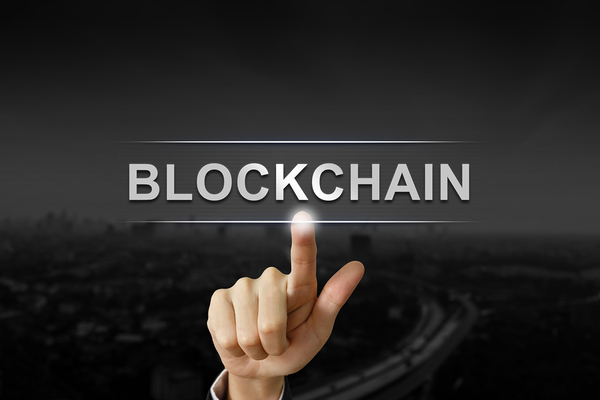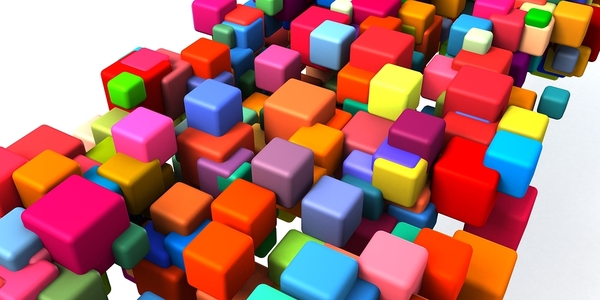The use of blockchain is associated with the cryptocurrency, Bitcoin. If you know what you’re doing, investing in Bitcoin can provide massive rewards but it is quite high risk so traders use software to help them improve their chances of success. Follow this link to find out more: Bitcoin Up Erfahrungen. Although Bitcoin became mired in issues with existing regulations and its inability to successfully replicate all the qualities and benefits of existing networks, a recent Harvard Business Review post notes that blockchain’s potential uses are nonetheless robust, and far wider than currency’s.

Blockchain has uses other than cryptocurrency.
A Spreadsheet for Recording Assets
First, though, let’s revisit what blockchain is. To quote Business Insider, it’s “a ledger of all transactions owned and monitored by everyone but ultimately controlled by none. It’s like a giant interactive spreadsheet everyone has access to and updates to confirm each digital credit is unique.”
The ledger, of course, is digital. A digital ledger, like a physical one, can be used to record any good, service, quantity, or organization, from automobiles to xylophones. So can blockchain.
Despite Bitcoin’s specific issues, as the HBR points out, the features of blockchain are intact. It provides a means for entities worldwide to exchange goods and services digitally, without a need for a third party, such as banks.
Because of this, blockchain has significant potential to disrupt industries. The transactions are done without a controlling authority, such a regulatory group or banks.
Many observers, including HBR and Business Insider, have observed that blockchain’s functions mimics the functions of cash, where exchanges are also free of a controlling authority.
Potential Future Uses
Blockchain replicating some of the functions of cash is more than a technology news metaphor. When the business world strategizes future uses of blockchain many of them center around the financial sector. It could be used to exchange assets. The HBR also notes that many financial firms are using or planning methods of using distributed ledgers in order to pare costs and improve efficiency. Consumers may not see the blockchain features, as they did with Bitcoin, but they are there.

Blockchain has kept track of a multitude of items, goods, and services.
But the uses of blockchain – its ability to record and process digital material – means it has a wide range of potential uses. The HBR cites the following:
- digital rights (such as those for downloaded music)
- identity
- medical records
- supply chains
Small firms engaged in blockchain for these applications currently exist.
Challenges Regarding Accuracy
As blockchain expands, one issue that must be grappled with is the necessity of accurate records. To quote the HBR, “the immutability offered by a blockchain is only useful if the original information entered on it is accurate.”
As a result, the initial recording on the ledger will not be seamless. While one of blockchain’s selling points is the uncoupling from third parties, entities charged with protecting against fraud, such as government regulatory agencies, may need to be involved.
On the technical end, the capabilities of the Internet of Things (IoT) and sensors may increase initial accuracy and improve blockchain. Ultimately, both may extend its uses.
Although blockchain may be undergoing growing pains, its potential uses are wide, ranging from the legal to medical sectors. Added to its potential financial sector uses, it appears highly likely that blockchain and its disruptive potential will increasingly be part of the digital world.
